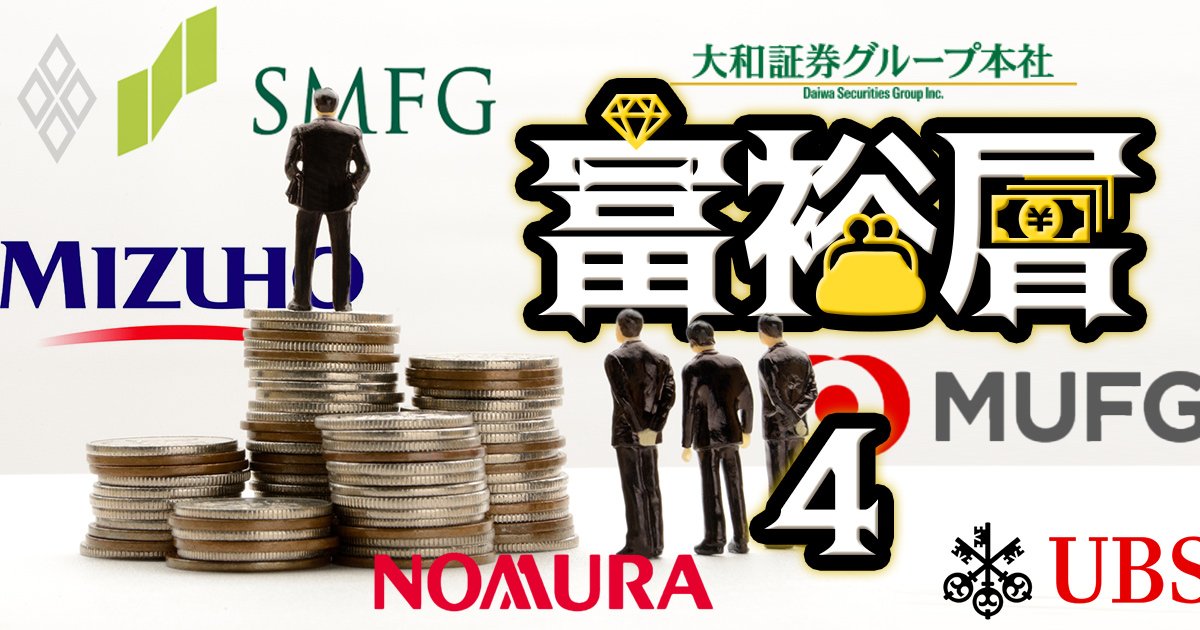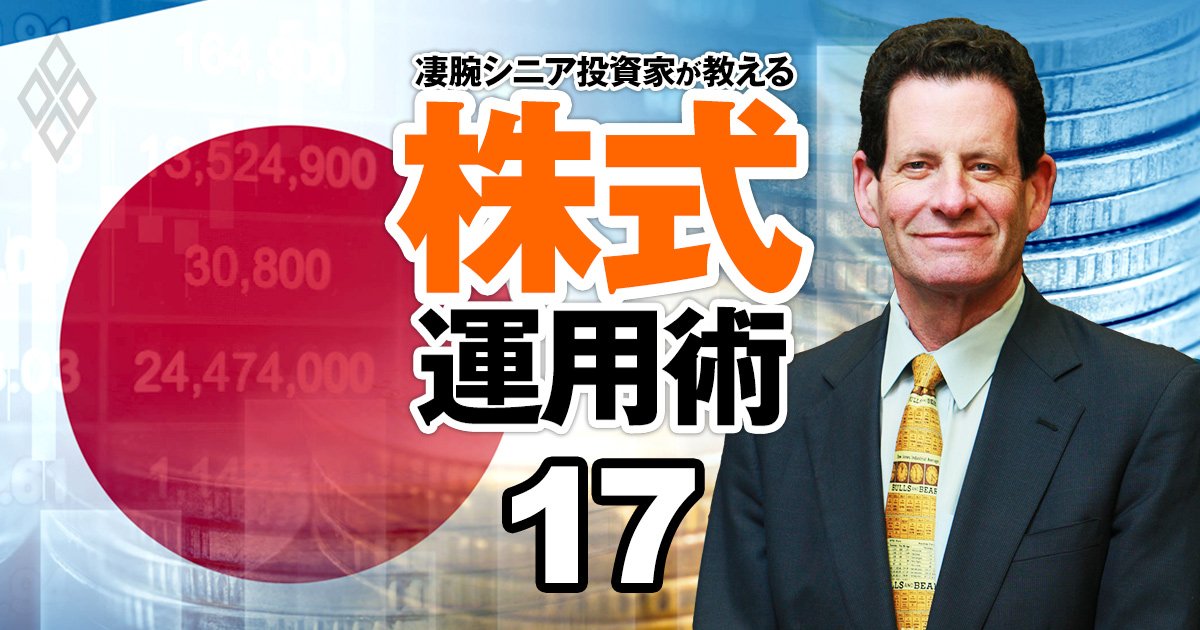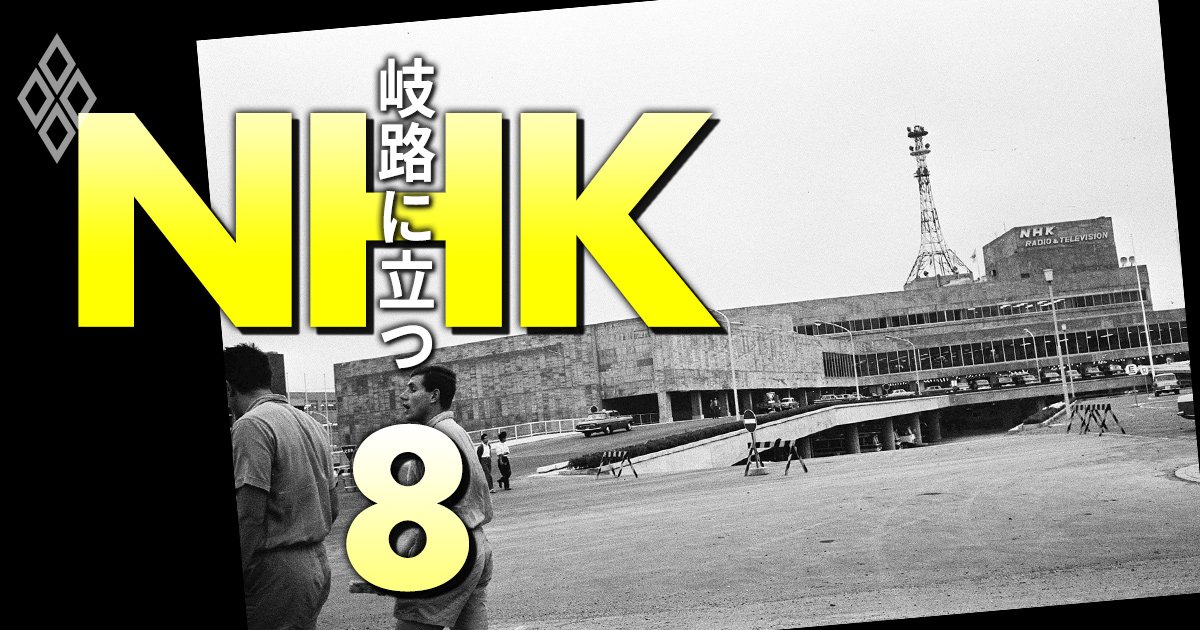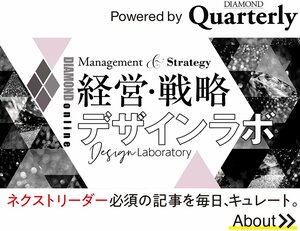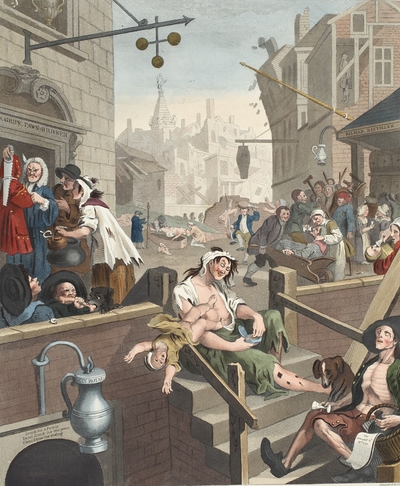 At the dawn of the Industrial Revolution, cheap and poor quality gin became widespread through England. Here we see a scene of a city in disrepair. / Gin Lane by William Hogarth, 1751. Engraved by Thomas Cook. (Photo:Bridgeman Images/AFLO)
At the dawn of the Industrial Revolution, cheap and poor quality gin became widespread through England. Here we see a scene of a city in disrepair. / Gin Lane by William Hogarth, 1751. Engraved by Thomas Cook. (Photo:Bridgeman Images/AFLO)Click for larger image
Over the last several years, there has been active debate on the subject of artificial intelligence (AI) and robots taking jobs from humans. Some experts claim that this might take 70-80% of existing jobs.
Putting that ratio aside, when I look towards the next twenty years, I believe that growth in AI and robots will lead to major issues like increased unemployment and mass migration to cities.
Consider the image right.This satirical image depicts “Gin Lane” in London in the mid 18th century. Laborers consumed inferior gin and laid waste to the city. We even see women giving gin to children. It is like an image of hell itself.
In London at the time, the Industrial Revolution had just begun, and modern capitalism was taking root, introducing radical change to society. People from agricultural villages congregated in cities in pursuit of work, but many were unable to find jobs and left the city in disrepair.
This is what is referred to in economic terms as “frictional unemployment.” This refers to temporary conditions wherein unemployed people from a given industry cannot be absorbed immediately into another industry. It takes time to abandon work one is accustomed to and adapt to a new form of work.
About one hundred years ago, when automobiles started to become widespread, rendering horse-drawn carriages unnecessary, people who cared for horses and those who produced bridles and other implements started to lose their jobs.
The horse-drawn carriage industry disappeared, and workers in that industry were forced to transition to a new one. My surmises is that it proved exceedingly difficult for those engaged with horses to smoothly transition into the automobile industry.


